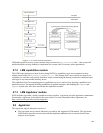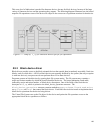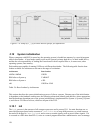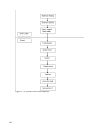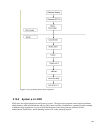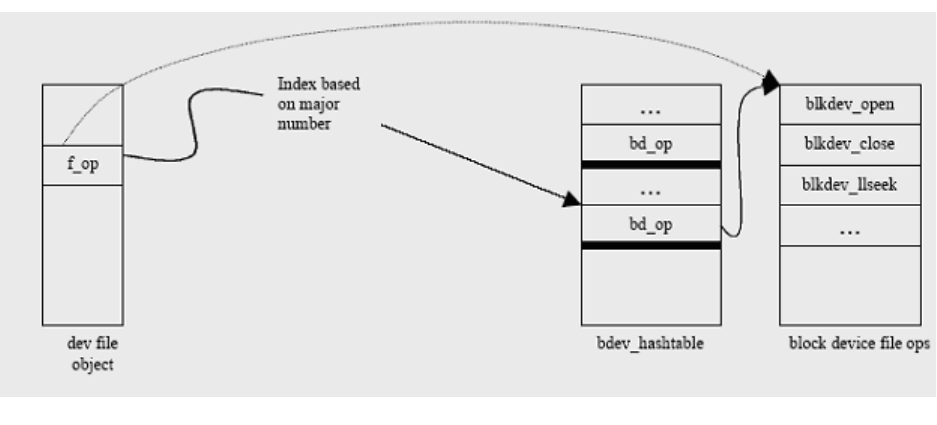
5.10 System initialization
When a computer with SLES is turned on, the operating system is loaded into memory by a special program
called a boot loader. A boot loader usually exists on the system's primary hard drive, or other media device,
and has the sole responsibility of loading the Linux kernel with its required files or, in some cases, other
operating systems, into memory.
Each architecture capable of running SLES uses a different boot loader. The following table lists the boot
loaders available for architectures relevant to the target of evaluation:
Architecture Boot Loaders
AMD® AMD64 GRUB
IBM eServer System p YABOOT
IBM eServer System z z/IPL
x86 GRUB or LILO
Table 5-6: Boot Loaders by Architecture
This section describes the system initialization process of eServer systems. Because part of the initialization
is dependent on the hardware architecture, the following subsections identify and describe, where appropriate,
how the hardware-dependent part of the system initialization is implemented for System x, System p, System
z, and eServer 326 lines of servers, which are all part of the TOE.
5.10.1 init
The init process is the ancestor of all userspace processes and is process ID 1. Its main functions are to
start child processes based on the contents of /etc/inittab, to reap child processes, to switch between
the runlevels defined in /etc/inittab, and to react to certain signals, such as power failure signals. If it
is executed as a PID other than PID 1, it acts as a control program that allows administrative users to manage
156
Figure 5-78: Setup of f_op for block device specific file operations




